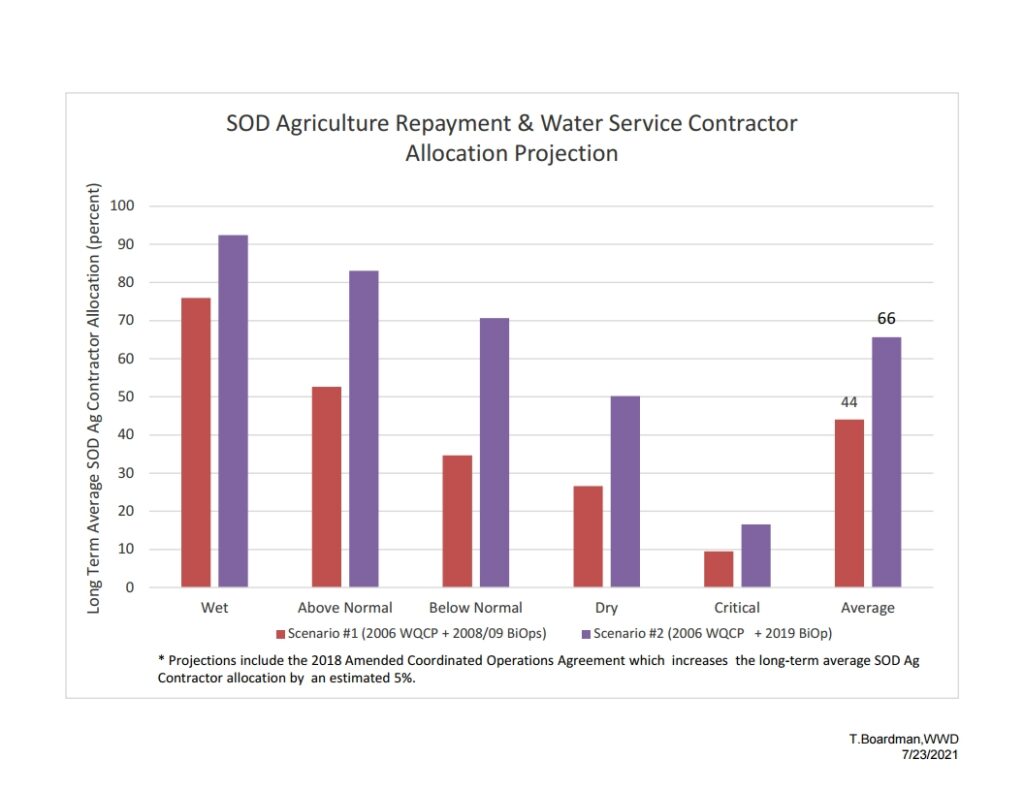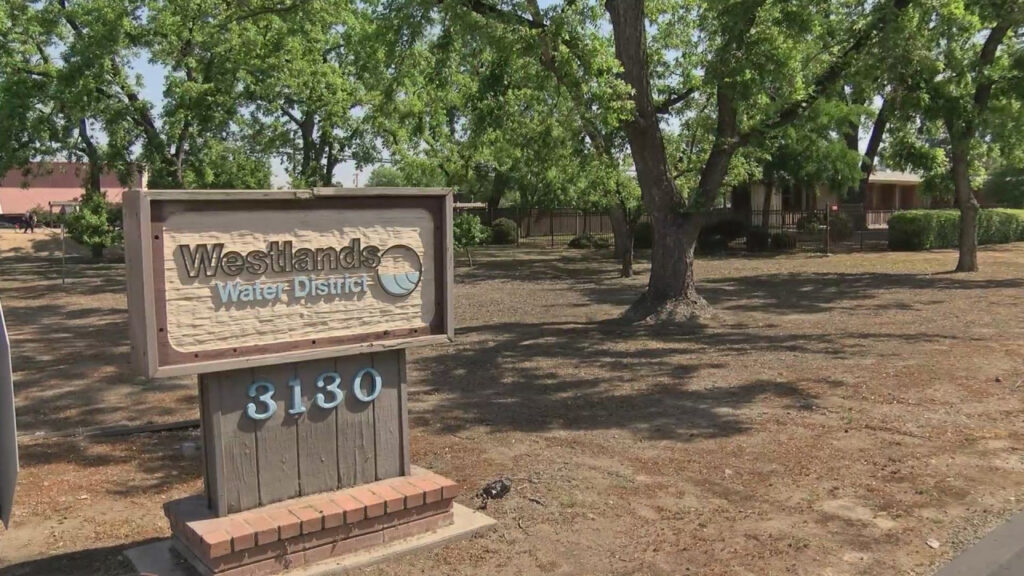Drought and the Food Supply Chain
If you’ve noticed that your grocery and restaurant bills are higher today than they were a year or two ago, you’re not alone. Food prices are on the rise, and it’s putting a strain on Californians across the state. While COVID-19 and inflation both play a major role here, the scarcity of water across the West has also forced farmers to cut crop production. This will undoubtedly impact prices across the food and agriculture supply chain in the months to come, given that California’s $54 billion agriculture industry provides over 400 key commodities, including a third of the country’s vegetables and two-thirds of the country’s fruits and nuts, according to the California Department of Food and Agriculture.
Last month, the Biden Administration announced key findings from the reviews called for under Executive Order 14017, designed to assess the vulnerabilities in the nation’s supply chains and develop strategies to strengthen their resilience. As part of the announcement, the Biden Administration pledged more than $4 billion toward initiatives through the U.S. Department of Agriculture to rebuild the nation’s food system by strengthening and diversifying supply chains and established a new Supply Chain Disruptions Task Force that will focus on, among other topics, agriculture and food.
It’s a reminder that the food and fiber grown in Westlands play a critical role in not just our local economy, but in national and global supply chains, too. That makes mitigating the impacts of the current drought – and taking proactive steps to prepare for the next, inevitable drought through infrastructure and other investments – all the more important. Ensuring the stability of our food supply requires allowing our farmers to be as productive as they can, and that starts with an adequate and reliable water supply
The Impact of Science-Based Policymaking
One silver lining amid the devastation of the current drought is that between the amended 2018 Coordinated Operations Agreement and the recently updated science-based decision making incorporated into Central Valley Project (CVP) operations, more water can flow South-of-Delta without further harm to native fish species. In particular, the real-time monitoring strategy outlined in the 2019 Biological Assessment for the Long-Term Operations of the Central Valley Project and State Water Project incorporates a number of robust protections for native fish species based on expert opinions from career bureaucrats and scientists, which were all reviewed by independent scientific peer reviewers. This means that the U.S. Bureau of Reclamation now uses real-time monitoring strategies to ensure CVP operations are tailored to meet the biological needs of native fish species while moving water South-of-the-Delta.
As shown by the chart below, this represents a significant improvement from the previous, rigid calendar-based fish requirements included in the previous regulations. And, as validated by the 2019 Biological Opinions from the U.S. Fish and Wildlife Service and the National Marine Fisheries Service, this approach effectively assesses and mitigates risks to fish in real time and allows that scientific analysis to guide pumping operations.

This is just one example of the benefits of thoughtful policymaking rooted in science. As California continues seeking both short- and long-term solutions to mitigate the current drought and improve climate resilience, collaboration around issues relating to water storage, Voluntary Agreements and comprehensive management of the watershed will be critical to ensure California can effectively maximize every drop of water.
Primary Sidebar
In the District

MEET OUR 2021 SCHOLARSHIP WINNERS
Last month, Westlands announced the recipients of our 2021 Westside Scholarship: Aidan Apgar, Bryan Welch, Chloe Scialo, Carlos Emilio Meza, Jacquelin Garcia, Marcos Rivera Hernandez, Omar Almaraz, and Yasmin Dominguez. These graduating seniors from eight local high schools have demonstrated exceptional academic achievement and leadership, and their accomplishments are points of great pride for our westside communities. Each winner received a $1,000 scholarship for community college and university expenses. We look forward to all they will contribute to their communities in their college years and beyond
Recommended Resources
WATCH: WESTLANDS JOINS RALLY IN SUPPORT OF SB 559
On June 28, Westlands General Manager Tom Birmingham joined a broad coalition at the State Capitol in support of The State Water Resiliency Act of 2021, Senator Melissa Hurtado’s bill to allocate $785 million to repairing vital water delivery systems that provide drinking water to communities throughout California and water that supports the state’s leading agricultural economy. You can watch the video of the event here and read the press release here.
READ: IT’S SOME OF AMERICA’S RICHEST FARMLAND. BUT WHAT IS IT WITHOUT WATER
Somini Sengupta of the New York Times talked with farmers from around California about the difficult choices they are being forced to make as a result of the lack of water. As it stands now, Westlands anticipates that an estimated 210,000 acres of land within Westlands will be fallowed this year. Click here to read the story.
